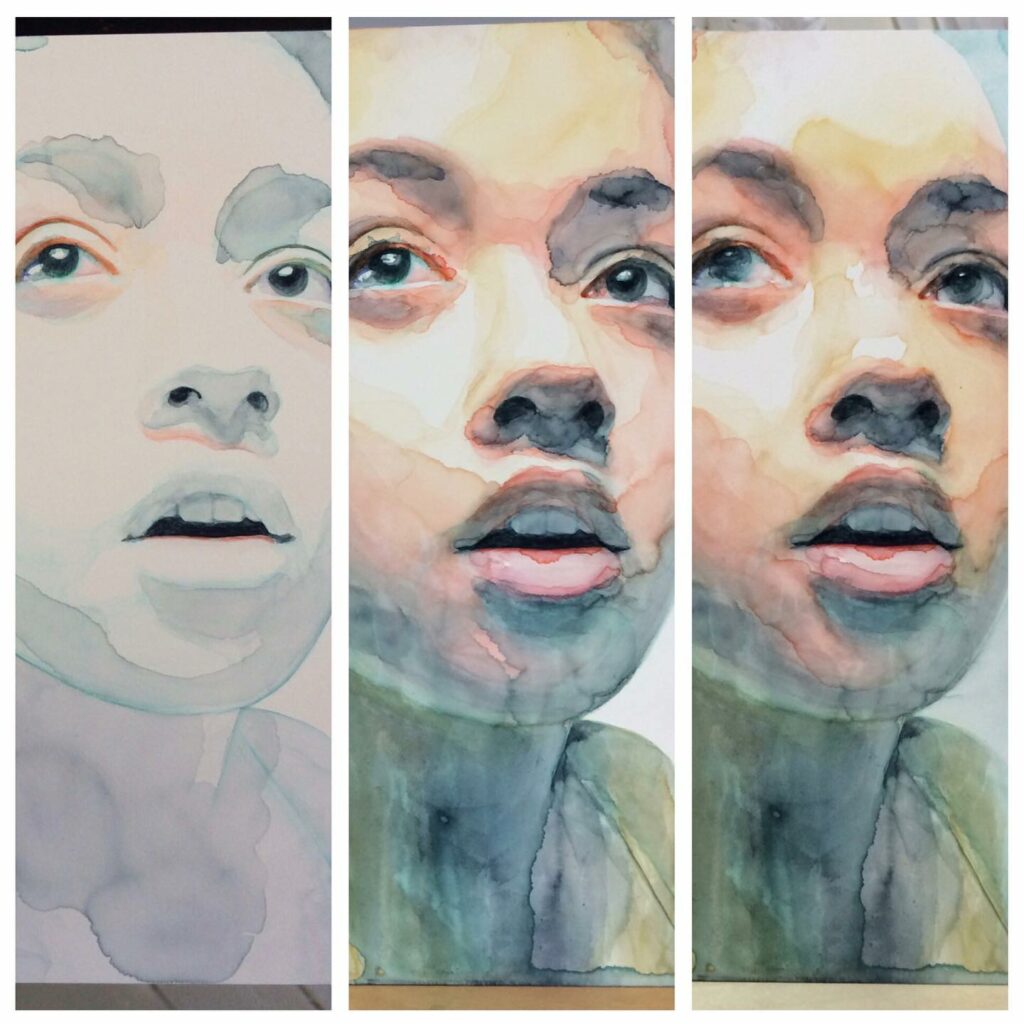
The process of European integration has been based on key values such as peace, democracy, freedom and tolerance. However, these values are currently challenged. The covid19 pandemic has increased already existing tendencies related with disinformation (mainly coming from the social media) and lack of trust in democratic processes. The role of education and training, and more specifically citizenship education is very important in addressing these challenges. However, as the Eurydice Report «Citizenship Education at School in Europe 2017» shows, citizenship education is addressed mainly on a cognitive level as part of the curriculum both in relation with the teaching and in relation with the assessment (knowledge of the institutions of the political system, environmental awareness, analysis of issues discussed in the society etc).
The project is very actively supporting civic engagement and the skills for democratic participation. Europe is currently facing serious challenges which are mostly related to a decreased interest in democratic participation. The democratic participation is being gradually replaced by a participation mediated by social media which are characterised by the provision of a big amount of information at a superficial level. On the other hand, effective democratic participation requires constructive communication, critical thinking and social responsibility. In order to acquire these competencies, citizenship education – especially in the school level – is crucial. However, citizenship education in Europe faces different problems.
Nowadays, that educational systems are focused on the delivery of skills to the students related with their employability, many times citizenship education is considered as a less important subject. Also, usually citizenship education is limited in cognitive aspects (such as learning about government, democratic institutions, national allegiance, the legal system, national constitutional and political history the responsibilities of citizens etc), fact which does not allow the ownership of the values from the part of the students. Furthermore, as also the Eurydice report underlines, the training of teachers in relation
with the citizenship education is very limited.
The project is proposing the introduction of art for the improvement of citizenship education in Europe, fact which will allow on the one hand to enhance the acquisition of social and civic competences, to foster knowledge, understanding and ownership of values and fundamental rights and on the other hand to enhance critical thinking among students and teachers.
Art is providing to people and especially to young people attending high school, the chance to approach their own experiences or sensitive issues in a safe and creative way. Art is also a process that requires collectiveness and understanding between the participants. Through this collectiveness the differences and the contrasts between the different students are blunted and the mutual understanding is increased through identification and empathy. Furthermore, through story-making and fantasy offers a platform that will allow the students to discuss their ideas through a safe environment.
The project also very actively develops creativity which has been identified as one of the key competencies.


